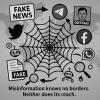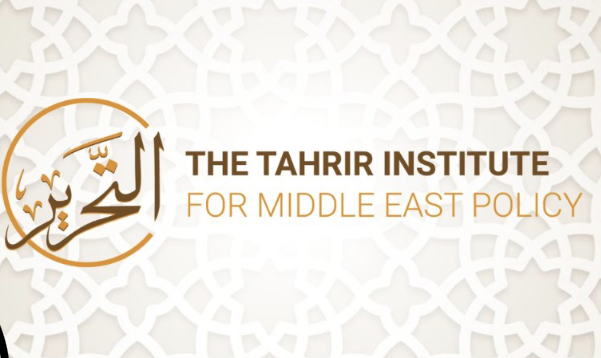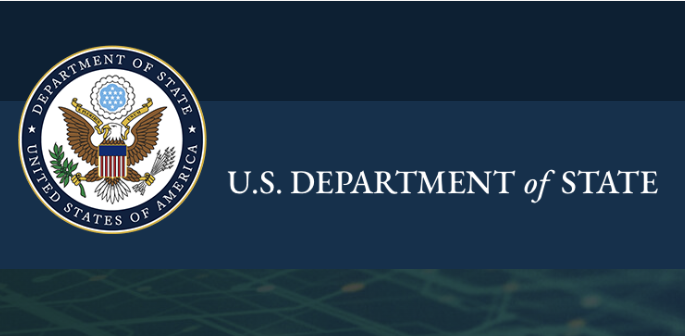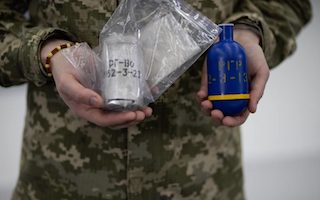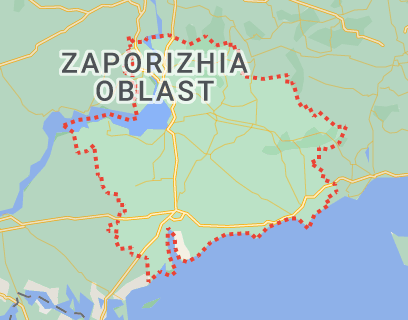Missiles, Misinformation, and Minds: Why India Must Build Information Warfare Infrastructure
The May 2025 India-Pakistan conflict offered a sobering demonstration of how modern wars are no longer confined to physical battlefields alone. Alongside precision strikes and conventional military operations, both countries engaged in a fierce struggle for control over public perception, media narratives, and psychological advantage. The widespread use of misinformation and disinformation across platforms such as X (formerly Twitter), Telegram, Facebook, WhatsApp, and YouTube transformed the conflict into a full-spectrum hybrid war.
